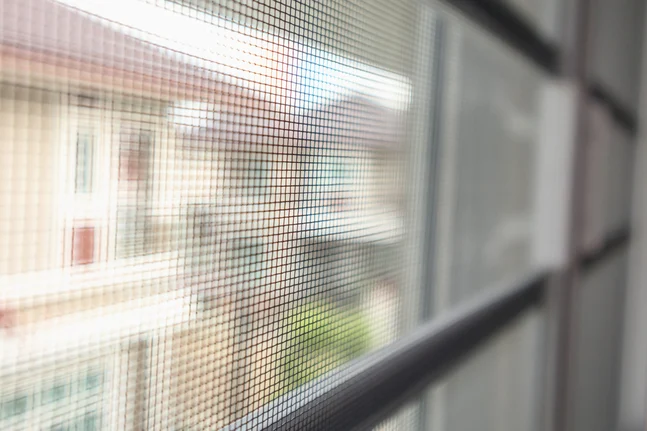Dec . 19, 2024 09:22 Back to list
fibreglass net company
The Rise of Fibreglass Net Companies Strength, Versatility, and Sustainability
In the world of construction and manufacturing, the demand for innovative and durable materials has led to the rise of various specialized companies. Among these, fibreglass net companies have emerged as key players, providing strong and versatile solutions for a diverse range of applications. This article delves into the growing significance of fibreglass nets, the advantages they offer, and the commitment of these companies to sustainability.
Understanding Fibreglass Nets
Fibreglass nets are made from woven strands of glass fibers, creating a composite material that exhibits exceptional strength and flexibility. Unlike traditional materials, fibreglass nets are lightweight but incredibly durable, making them an ideal choice for reinforcement and protection across numerous industries. These nets can be used in building construction, automotive manufacturing, aerospace, agriculture, and even in the realm of sports equipment.
Advantages of Fibreglass Nets
One of the primary advantages of fibreglass nets is their corrosion resistance. Unlike metals that can rust and degrade over time, fibreglass nets maintain their integrity when exposed to moisture and harsh chemicals. This longevity reduces maintenance costs and ensures the longevity of structures and materials reinforced with fibreglass.
Moreover, fibreglass nets are non-conductive, making them suitable for electrical applications where safety is paramount. Their flexibility allows them to be molded into various shapes, accommodating a broad spectrum of design requirements. This versatility not only allows for creative applications but also contributes to more efficient manufacturing processes.
Applications Across Industries
fibreglass net company

Fibreglass net companies cater to a wide range of sectors. In construction, they provide essential reinforcement for concrete structures, ensuring that buildings can withstand the test of time and environmental conditions. In the automotive industry, fibreglass nets are utilized in the production of lightweight yet strong components, enhancing fuel efficiency while maintaining safety standards.
The agriculture sector has also benefited from fibreglass nets, which can be used for fencing, nets for crops, and reinforcement for greenhouses. Their resistance to UV rays ensures that they will last longer in outdoor environments, providing farmers with reliable solutions for their agricultural needs.
Commitment to Sustainability
As environmental concerns become increasingly significant, fibreglass net companies are stepping up to contribute to sustainable practices. The production of fibreglass materials often uses recycled materials, minimizing waste and promoting a circular economy. Moreover, the durability of fibreglass nets means they do not need to be replaced frequently, further reducing the consumption of resources over time.
Many companies are also focusing on eco-friendly production processes, employing technologies that decrease energy consumption and harmful emissions. By prioritizing sustainability, fibreglass net companies are not only enhancing their market competitiveness but also aligning with the values of consumers who are becoming more environmentally conscious.
Conclusion
The emergence of fibreglass net companies marks a significant innovation in materials science, providing industries with robust, versatile, and sustainable solutions. As the demand for durable yet lightweight materials continues to rise, these companies are well-positioned to lead the charge in creating products that meet modern requirements while fostering environmental stewardship. In a world where efficiency and eco-friendliness are paramount, fibreglass nets stand out as a testament to the power of innovation in driving positive change across multiple sectors. As investments and research in this field continue to grow, the future of fibreglass nets looks remarkably bright.
-
The Ultimate Guide to Fiberglass mesh Tape for Drywall and Joint ApplicationsNewsJul.18,2025
-
The Ultimate Guide to Alkali Resistant Drywall Joint Tape: Types, Benefits, and ApplicationsNewsJul.18,2025
-
The Essential Guide to Fiberglass Mesh Tape: Uses, Benefits, and ApplicationsNewsJul.18,2025
-
The Complete Guide to PVC Corner Beads with fiberglass Mesh for Plastering and Drywall ProjectsNewsJul.18,2025
-
A Comprehensive Guide to fiber glass Yarns: Understanding Roving, C, and E Glass FibersNewsJul.18,2025
-
A Complete Guide to Fiberglass mesh Tape for Drywall, Cement Board, and Wall CracksNewsJul.18,2025


















